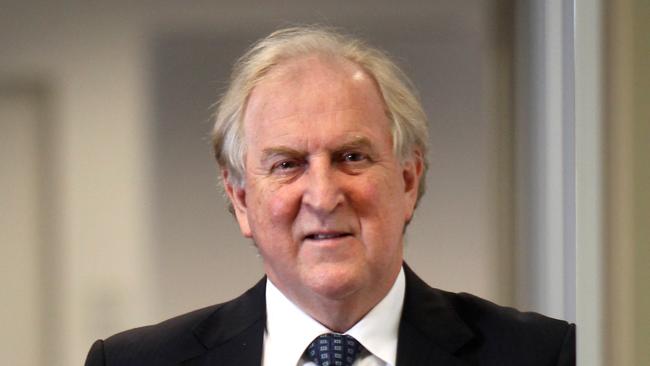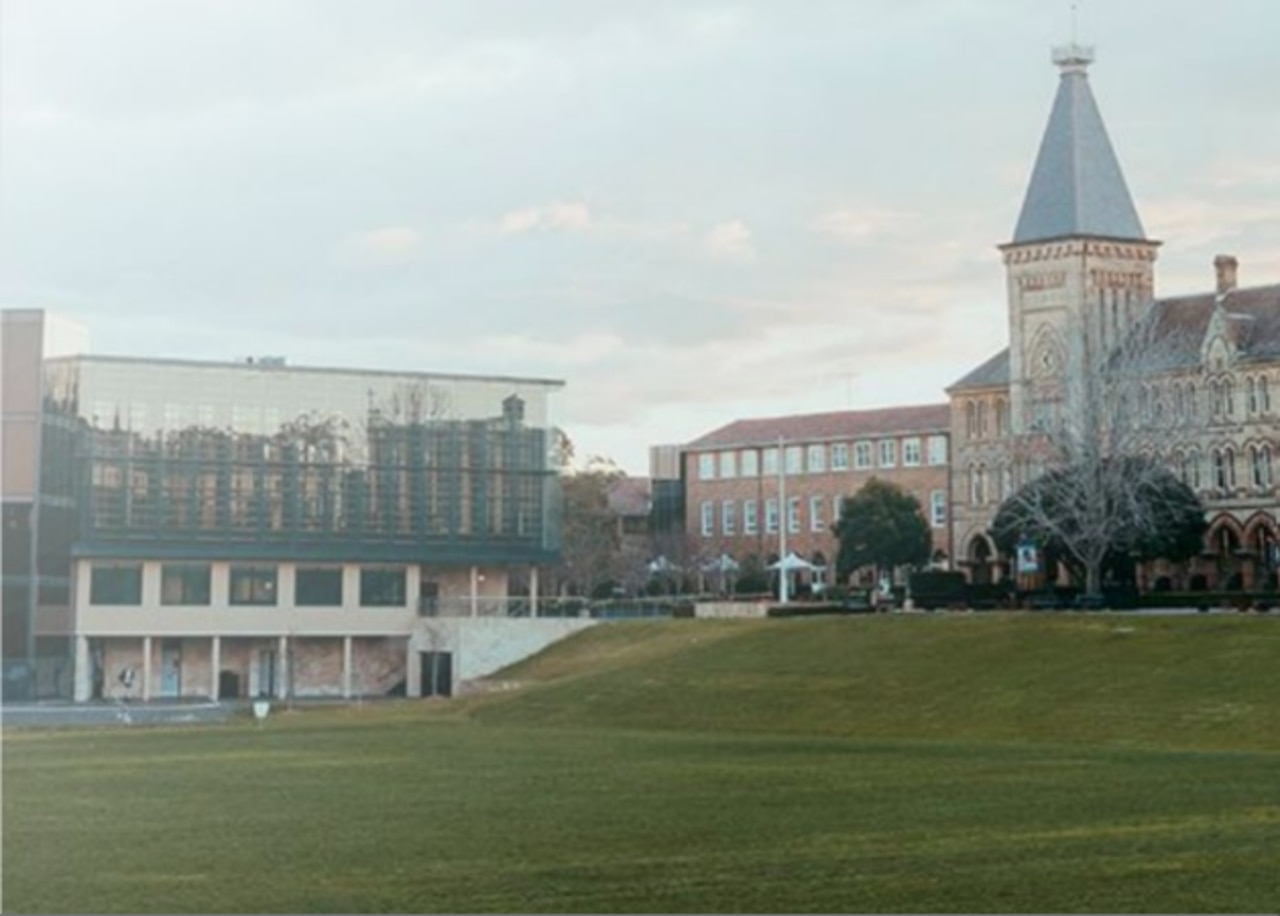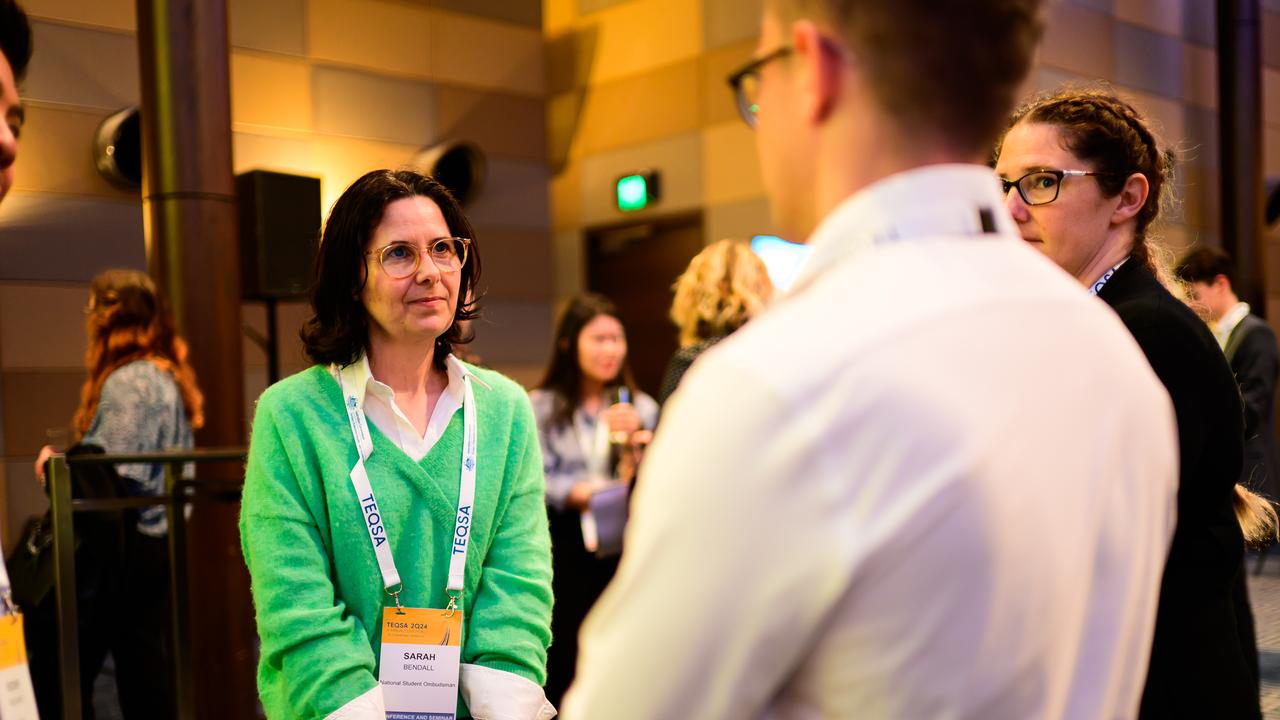Ideologues ‘have captured’ school history curriculum
School curriculums have been ‘captured by ideologues’, experts argued yesterday.

School curriculums have been “captured by ideologues’’ and history lessons are burdening students with a “strong sense of guilt’’ over the past treatment of indigenous Australians, experts argued yesterday amid the latest wave of “invasion day’’ politics.
Kevin Donnelly, who co-chaired the review of the national curriculum, said the “pendulum in the curriculum, certainly in history, has moved too far towards the ... black-armband view and we don’t have a proper balance in recognising the positives and benefits of Western culture and Western civilisation’’.
However, Ken Wiltshire, who sat alongside Dr Donnelly on the 2014 curriculum review, said the problem with the curriculum was not its substance but the fact teachers could pick and choose what to present to children, leaving students with a “piecemeal” understanding of Australian history. “The problem with the curriculum is too much choice … That means kids can sometimes miss out on seminal moments,” said Emeritus Professor Wiltshire.
“The kids quite often don’t get a comprehensive history of Australia.”
Professor Wiltshire, from the University of Queensland’s Business School, said that, to strike the right balance between white and indigenous engagement, it was imperative for schools to teach students the entire story of Australia. “The whole of history should be compulsory,” he said. “If you’re not teaching the whole thing ... you’re not going to get a complete picture of the interaction between white and indigenous culture.”
The criticisms of what goes on in the nation’s classroom follow warnings from historians against erasing European settlers from the national landscape. Indigenous broadcaster Stan Grant this week called for the “great silence” about inaccuracies in indigenous history to end, starting with correcting an inscription on a statue of Captain James Cook that says the English explorer discovered Australia. Two Melbourne councils have added to the politically charged issue: the City of Yarra led the way by renaming Australia Day as “January 26’’ and replacing its citizenship ceremony with an event “marking the loss of indigenous culture”.
Bella d’Abrera, from the Institute of Public Affairs, pointed to the Stolen Generations play performed at Sydney’s Forrestville primary school this month — where students dressed as nuns abusing indigenous children — as an “indication of how Australian children are being politicised in the classroom though the history curriculum’’.
“Rather than being taught critical thinking skills or a balanced version of historical events, they are being fed on a diet of identity politics,’’ Dr d’Abrera said.
“Our school curriculums have been captured by ideologues who are more interested in teaching students what to think, rather than the skills they will need. Education should be about skills and knowledge, not on ideology and indoctrination.’’
Victorian Education Minister James Merlino hit out at criticism of how history was being taught “as complete nonsense — Victorian students are taught in accordance with national standards’’.
Robert Randall, the head of the Australian Curriculum Assessment and Reporting Authority, which oversees the national curriculum, defended it as balanced.
NSW Education Minister Rob Stokes said he would “continue to ensure that Australian history is being taught objectively in our schools’’. “In NSW, we aim to achieve the right mix,” Mr Stokes said.
“Indigenous history is taught inclusively and equally alongside early European exploration and settlement. If you’re genuine about trying to teach Australian history, it’s impossible to have one without the other.’’
Dr Donnelly, a senior research fellow at the Australian Catholic University, said: “When you look at the history curriculum part of the problem is students come away with a strong sense of guilt about what we’ve done as a nation in terms of indigenous culture and history.’’
He said it was concerning because “along with the things that were done that were wrong and caused harm, there are also beneficial and positive things but they’re not covered’’.
“The danger is that kids come away with a jaundiced view … a black-armband view where we feel guilt about something over which we now have no control.’’


